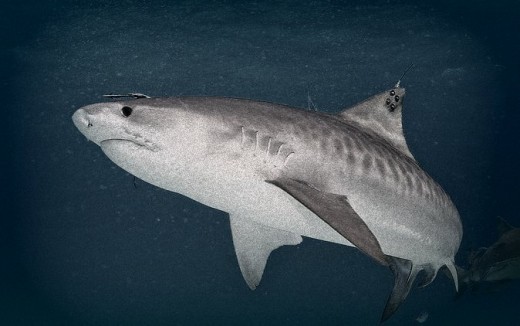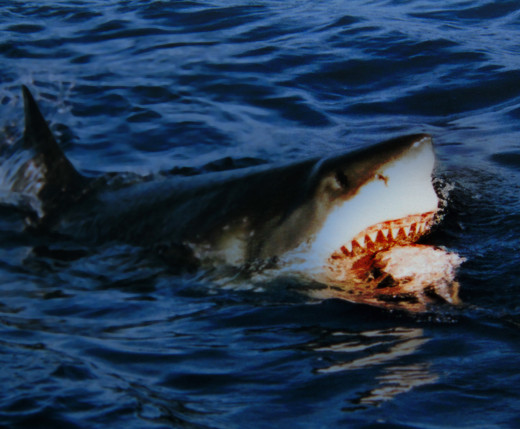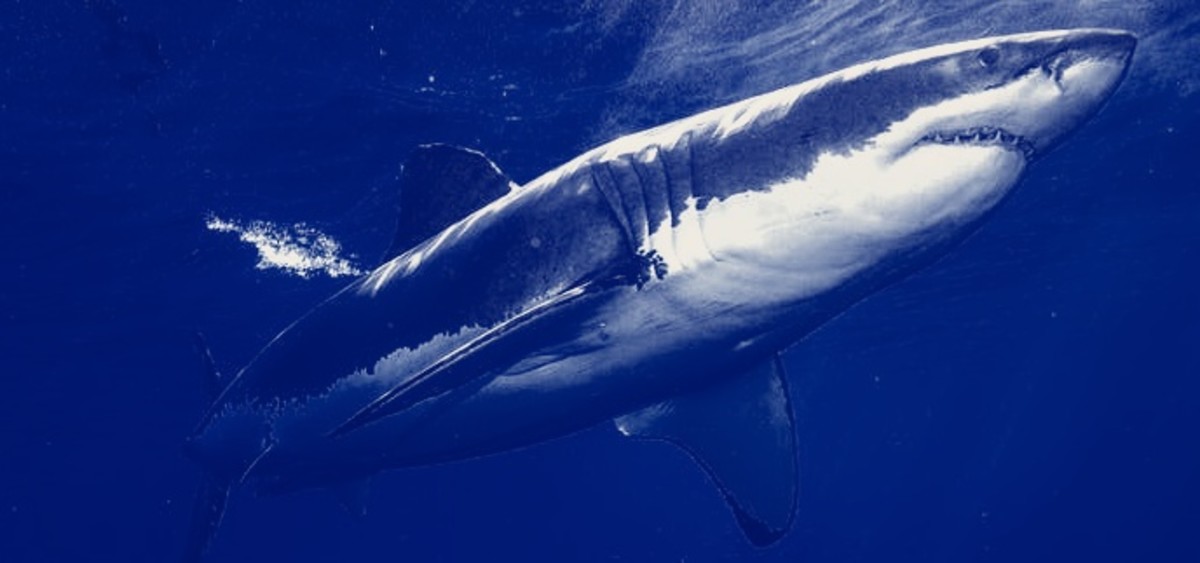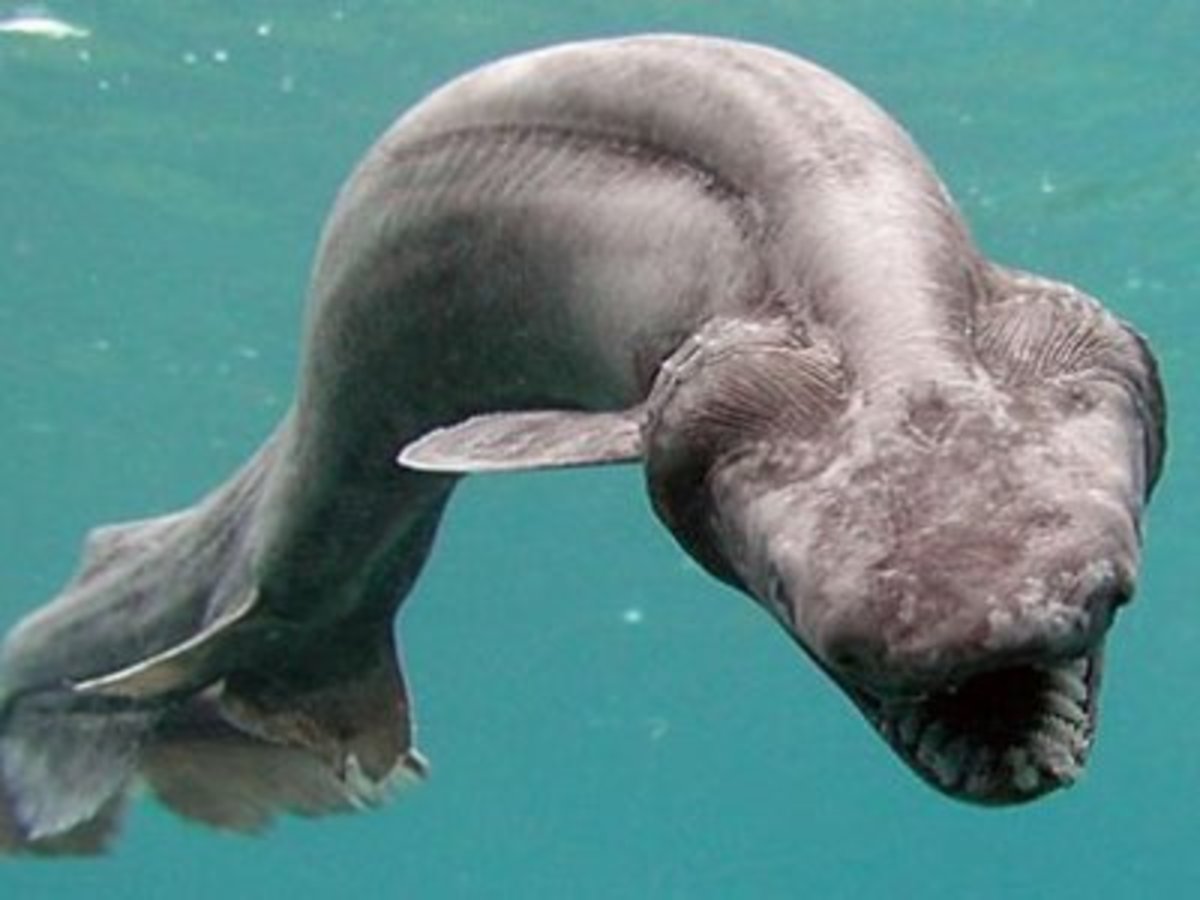Reasons for Declining Shark Populations
The natural world relies on a healthy balance to maintain a diverse ecosystem. So as harsh as it may seem, a predator in any environment helps to maintain the health of those it preys upon. In a marine environment, the sharks serve an important role as the apex predator throughout the oceans. Their guardianship is often celebrated by indigenous peoples as their targeting of weaker marine life often encourages their prey to flourish.
Along the northern coastline of Australia, Tiger Sharks provide a great service by keeping the local Dugong population in check. This helps to preserve the seagrass levels, which in turn provides habitat to a wide variety of marine life. If the Dugong population were to grow too large, they would impact the seagrass levels in a negative fashion.
Senseless destruction of marine predators ultimately throw the delicate balance of the sea into chaos and if the trend continues, other species will see their numbers fall due to a depletion of the their usual food sources.

Senseless Hunting of Delicate Shark Stocks.
With improved standards of living and a greater focus on leisure time, there has been a marked increase in the number of people who wish to hunt all types of big game fish and marine predators such as sharks. Their reasons for hunting this often understood species of fish were varied. Some wished to collect trophies to show off their ability to beat and vanquish a fellow apex predator, while some believed they were helping avoid a recreation of the events that were depicted in the Hollywood epic Jaws.
Many people thought poorly of all sharks due to our inbuilt fear of predators. For many, the image of either yourself or a loved one happily playing in the surf, only to be taken by a giant monster of the sea, filled many with great dread and genuine fear.
In the latter half of the twentieth century, a worrying trend occurred. If a single human were attacked by a shark, then hundreds of local sharks would be targeted to remove the 'Rouge Killer'. The sharks that were persecuted were usually a species which posed no clear threat to the bathers, swimmers or surfers that shared the water with these ancient marine creatures.
In America, communities offered large cash rewards for the bodies of large and small sharks. This blood money was a direct consequence of the threat that people believed existed in the saltwater that surrounded them.
Over Fishing.
The fishing of the marine life that make up the diet of young and juvenile sharks, has had a dramatic impact upon shark numbers. Numerous nations exploit the natural bounty of the sea, yet in parts of the world, unsustainable fishing has removed the baitfish that many shark species relied upon to sustain their own populations.
The practice of drift netting captures much fish that some fishermen have no interest in. These fish are often discarded and are thrown back into the sea. These fish do not survive and slowly decompose on the ocean floor. These valuable fish are removed from the natural cycle of hunter and prey, which puts an additional strain upon the surviving fish stocks.
Unlawful practices by professional trawlers decimated entire ecosystems. These once-thriving habitats become areas devoid of any real marine life. If this is allowed to continually happen, then the oceans of the world will become deserted and they are, it is doubtful that they would ever recover.


Fishing Nets and Shark Fin Soup.
Many sharks are slow to reproduce and scientific data shows that many species are slow to sexually mature. This combined with the fact that their offspring face many challenges if they wish to survive. Other predators, pollution, diminishing habitats and food, all harm the global shark populations. To give an accurate number of sharks killed each year is a difficult task, but the simple answer is too many.
It is estimated that tens of millions of sharks are killed every year and much of that figure is to fuel the lucrative shark fin market in Asia. The amount taken every year is unsustainable, and many shark species are on the verge of collapse due to the commercial fishing that undermines all attempts at shark conservation.
Scientific interest in sharks has helped reduce some of the more draconian policies once adopted to keep sharks away from the shallow coastal waters of many governments around the world. Shark nets have been modified to help protect many species of shark and other marine life. Many countries have also set up marine conservation areas with stringent no fishing zones with steep penalties.
Unfortunately, pollution of the oceans will also impact all shark numbers negatively. Oil spills and industrial chemicals damage the food chain and slowly poison everything in the surrounding waters. In recent years, plastics in the water have been found in the internal organs of all water-dwelling animals. Death by plastic poisoning is a cruel and torturous death, for a predator that feeds in the ocean. All sharks will continue to suffer because the marine life that sustains them continues to suffer.

The epic film Jaws(1975), brought the hidden killer beneath the waves to a global audience. The threat of been consumed whole by a wild animal is deeply ingrained within our most primordial fears. The Hollywood blockbuster changed how Great White Sharks were perceived for a generation.
Sharks have been in our oceans for millions of years, the ancestors of the Great White Shark swam alongside the dinosaurs in prehistoric times. For a fish to survive the cataclysm that eliminated the majority of life on the planet, only for it to become extinct through the hands of a dominant land-based species today, would be a horrible tragedy.
Fortunately, it seems that for all the negative propaganda that the film generated, there was ultimately a positive side effect. Public interest in the apex predator increased. There was a new curiosity, it was generated in an animal that most people knew little about. It was this newfound interest, which held the key to the fishes survival and despite further attempts to paint the fish as creatures with a taste for human flesh over the years; the number of people who wished to learn more has never wavered.
It has been nearly forty years since the film was first released, and it seems that the film has generated enough interest to ensure that people have a continued and lasting interest in sharks as a species.
Your Opinion Matters.
Should more action be taken to preserve all sharks?
Other Shark Articles.
- Are There Great White Sharks in British Waters?
The often demonized Great White Shark plays upon the most primal fears of the human psyche. Over the last fifty years the British media has reveled in publishing headlines about these apex predators. - Great White Sharks in the Mediterranean Sea.
The Mediterranean Sea is home to a small population of Great White Sharks. Their numbers are few but they still inhabit the same areas which are very alive with tourism.
This content reflects the personal opinions of the author. It is accurate and true to the best of the author’s knowledge and should not be substituted for impartial fact or advice in legal, political, or personal matters.
© 2018 Andrew Stewart








